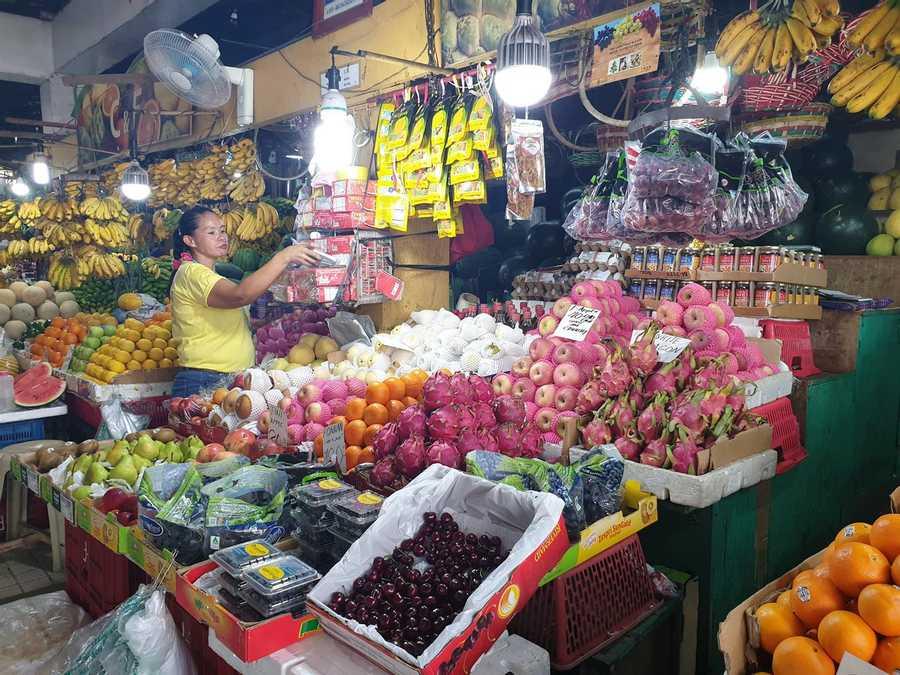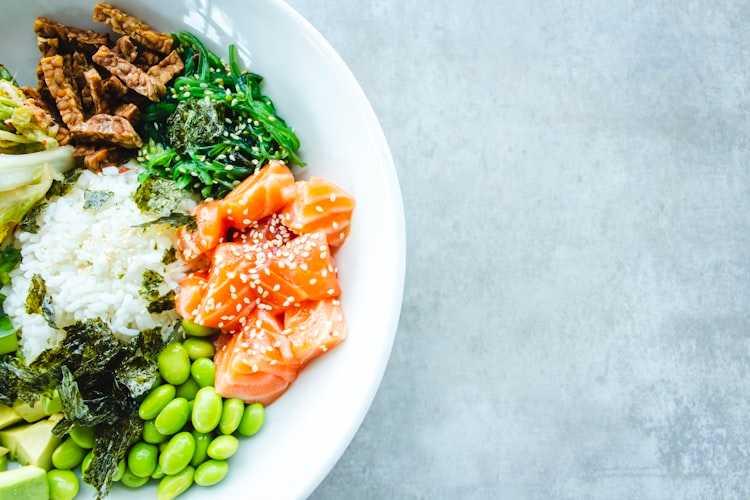1. Eat a healthy diet
Photo: FAO/J. Grey
Eat a combination of different foods, including fruit, vegetables, legumes, nuts and whole grains. Adults should eat at least five portions (400g) of fruit and vegetables per day. You can improve your intake of fruits and vegetables by always including veggies in your meal; eating fresh fruit and vegetables as snacks; eating a variety of fruits and vegetables; and eating them in season. By eating healthy , you will reduce your risk of malnutrition and noncommunicable diseases (NCDs) such as diabetes, heart disease, stroke and cancer.
20
116 reads
CURATED FROM
IDEAS CURATED BY
Be an expert in science and maths by watching our UHD videos on Sci Academy youtube channel. link for the channel https://youtube.com/channel/UCyLvlW7Vl7vgg6se0Gazr-g
The idea is part of this collection:
Learn more about health with this collection
The benefits of a bedtime routine
How to improve your sleep quality
How to create a relaxing sleep environment
Related collections
Similar ideas to 1. Eat a healthy diet
Fiber-Rich Diet
Americans consume less fiber than what is recommended, eating fewer nuts, whole grains and fruits and vegetables.
A fiber-rich balanced diet is known to prevent colon cancer, diabetes, and heart disease.
Foods to Eat and Avoid
Eat: Lean cuts of beef, pork, and poultry and game animals, eggs, fish fruit, not starchy vegetables, nuts and seeds and olive, flaxseed or walnut oil.
Avoid: Processed foods, dairy, grains, legumes, starchy vegetables, sugar, artificial sugars and fruit juices.
Eat intentionally
At home, we are tempted to graze on empty-nutrient snacks.
Maintain an eating structure. Eat lots of fruits and vegetables, whole grains, and nutrient-rich foods.
Read & Learn
20x Faster
without
deepstash
with
deepstash
with
deepstash
Personalized microlearning
—
100+ Learning Journeys
—
Access to 200,000+ ideas
—
Access to the mobile app
—
Unlimited idea saving
—
—
Unlimited history
—
—
Unlimited listening to ideas
—
—
Downloading & offline access
—
—
Supercharge your mind with one idea per day
Enter your email and spend 1 minute every day to learn something new.
I agree to receive email updates

